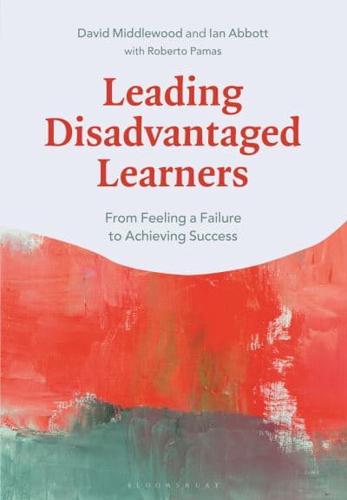Publisher's Synopsis
Where schools working in adverse conditions are achieving outstanding learning outcomes, what is it that these schools do to achieve these outcomes? Are there common factors here which could apply everywhere, or at least in the vast majority of circumstances?
Drawing on a range of research, including interviews with children, parents, teachers and school leaders in rural and urban contexts in England, Greece, India, Malaysia, Seychelles, South Africa, Tanzania, and the USA, the authorship team explores these important questions. The excitement and enthusiasm for, and a commitment to, learning in which every single person there was involved seems to underpin the achievement. While this often sprang from the school's leaders, who set the tone and were highly visible inspirations to everyone else, leadership was found at every level of these schools with people feeling empowered to lead and manage in the way that worked for 'their' learners.
The book is filled with case studies, showcasing examples of children and young people who have overcome huge disadvantages in their lives and circumstances to achieve their potential at school. These children and young people are not 'super heroes' but mostly children with normal abilities and talents who have succeeded thanks to highly effective work and strategies by leaders, teachers, and staff in their schools. Whilst some of the obstacles which prevent disadvantaged children from achieving in education can only be removed through changing features of certain education systems themselves, there are clear identifiable strategies to be used and actions that can be taken in any school to raise the achievement of those children from disadvantaged contexts. After describing and analysing the causes and consequences of various kinds of disadvantage, the book puts forward key principles and show how they underpin actions and strategies for leaders and others to apply in their schools, at whole school, classroom and individual level.










